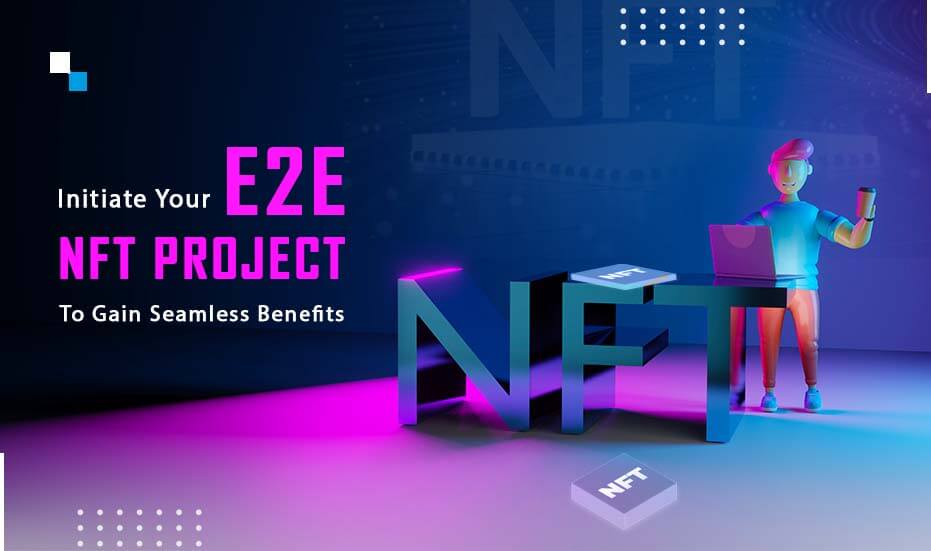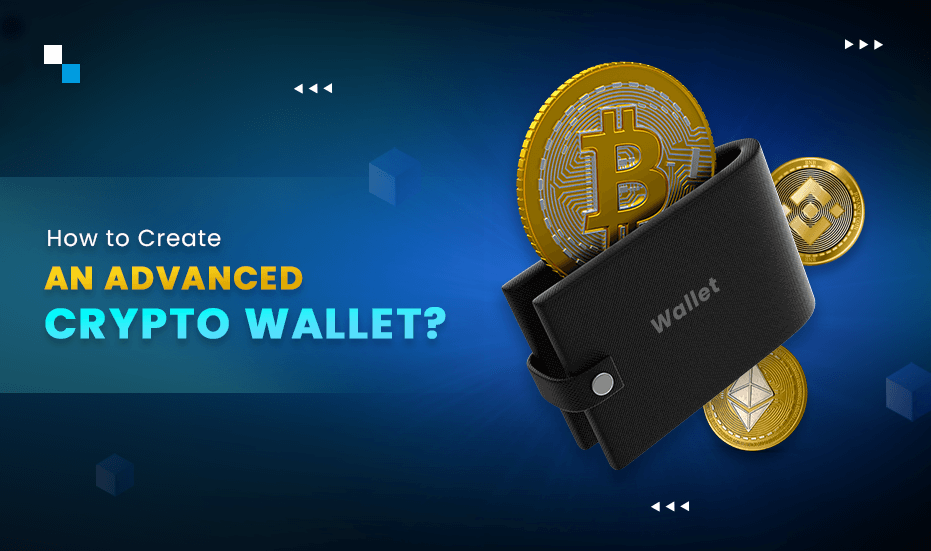

How many ICO developments have you managed? How many times have you been successful? You do consider the preparations and procedures on the way to launch an ICO so it will probably win the fundraising competition, whether you are a novice or an expert, whether you have grown in it or not.
An ICO launch became a win-win situation for entrepreneurs and developers expanding existing businesses or launching new ones in the crypto ecosystem thanks to the meteoric increase of token sales. Initial Coin Offerings (ICOs) are now a common way for blockchain and cryptocurrency projects to raise money. By offering tokens to investors in return for cryptocurrencies or other forms of value, ICO development enables firms to raise money. To ensure a successful and legal campaign, it’s essential to comprehend the procedure and adhere to best practices if you’re thinking of starting your own venture with ICO Development Company.
Tokens don’t offer equity in a corporation as stocks do. Investors that purchase some of your initial coin offering assets also receive a portion of the service that your business built. By using blockchain platforms like Ethereum for ICO development, you may create tokens with the fewest possible code changes. When ICO is operational, tokens can be traded for cryptocurrencies or converted into fiat currency. Since a token sale is a relatively new procedure, its decentralized character is linked to many complex details. To properly handle an initial coin offering, you need a well-thought-out plan. However, ICO is not just utilized for technology initiatives; it is also employed by several businesses to raise outside funding. Therefore, it is a good idea to use an experienced ICO development company for this project because this document comprises information that is typically displayed in a business plan.
Similar to a business strategy, a whitepaper should be created and meet certain requirements. Don’t forget to use a combination of technical and non-technical words. The success of your ICO will depend on a variety of variables. An essential item is a whitepaper. It is a formal record and a crucial piece of public information that informs stakeholders about your project. In a whitepaper, you primarily outline the ICO development project’s elements, mission/vision, goals, intended financial usage, target audience, a roadmap with key milestones, team, schedule for a token sale, and other useful information. A whitepaper is a business document with a number of requirements; it is not an essay or a research project, thus it is best to constantly keep that in mind. Of course, if we’re talking about ICOs for IT firms, your project’s technology is described in this business plan.
This business document is crucial if you plan to perform an initial coin offering (ICO), as the coin offering starts the moment the company publishes this document. You can publish it on your project’s website or ICO listing websites. A whitepaper’s primary objectives are to promote your coin and give prospective investors the information they require. A whitepaper is not the only way to announce your firm to stakeholders, though. A whitepaper’s goal is to instill confidence in you and your project among possible investors. Since there are no set formats for this document and whitepapers are generally issued voluntarily without the need for a legal or exchange-related requirement, issuing firms frequently exclude details like contact information. Since there isn’t a roadshow for investors or an active underwriter, the blueprint’s structure and substance also differ.
1. Define your project and business plan
Making a thorough business plan and precisely defining your product are the initial steps for developing an ICO. This includes determining the issue your project seeks to address, specifying your target audience, establishing the features and functionality of your project, and creating a development and growth strategy for the project. Along with financial forecasts, marketing plans, and legal concerns, your company plan should also incorporate these elements.
2. Choose the ICO token type and smart contract
The sort of coin you will issue during your ICO must then be decided. Utility, security, and equity tokens are typical types of tokens. To access and use the services or goods that your project offers, you need utility tokens. Tokens that reflect ownership or equity in your business are governed by securities laws. The ownership rights represented by equity tokens in your business may include dividends or other privileges.
You must create a smart contract for your ICO once you have chosen the type of token. A self-executing contract known as a “smart contract” operates on the blockchain and specifies the terms and conditions of your initial coin offering (ICO), including the token distribution, issuance, and fundraising targets. Utilizing Solidity or other coding languages, you can create a smart contract for Ethereum or other blockchain platforms.
3. Conduct legal and regulatory compliance
For an ICO to be effective, compliance with pertinent legal and regulatory regulations is essential. Securities laws, AML rules, and know-your-customer (KYC) regulations are only a few of the laws and regulations that apply to ICOs. It’s crucial to seek legal advice from an ICO Development Company to make sure your ICO complies with all relevant rules and laws.
4. Plan and carry out the ICO marketing campaign
Your ICO won’t succeed until your marketing strategy is thoroughly thought out and executed. Create a thorough marketing plan that involves outreach to your target market and branding and messaging. To describe your product, its value proposition, and the specifics of your ICO development project, create a website, whitepaper, and other marketing materials. To spread the word and increase interest in your ICO, make use of a variety of marketing channels, including social media, email marketing, and content marketing.
5. Get ready to launch with ICO Development Company
You must confirm that all the technical and operational components of your ICO are ready before launching it. This entails creating a user-friendly and secure ICO website, integrating a payment processor to accept cryptocurrencies, thoroughly testing your smart contract to find any vulnerabilities and fixing them, and making sure your team is equipped to handle all aspects of the ICO process, such as investor communications, token distribution, and post-ICO activities.
6. Conduct the ICO and token distribution
In exchange for your tokens during the ICO, investors will deposit cryptocurrency into your ICO wallet. The accepted cryptocurrencies, the token price, and any incentive or discount structures should all be clearly stated in your ICO’s participation guidelines. Real-time tracking of your ICO development is essential, as is regular contact with your investors to share updates and answer any queries or concerns.
It’s time to give the tokens to your investors after the ICO is over. Follow the distribution guidelines specified in your smart contract and make sure the procedure is open, secure, and consistent with all laws and regulations that may be relevant. Antier ICO development services often take a few months to a year. Since the actual crowdsourcing process is when investors send you the money, the post-public commitment stage lasts for about three months. Don’t wait to get in touch with us if you’re interested in choosing the right ICO development company! You can rely on our professionals for end-to-end services for launching an ICO.
Please fill out the form to make the request. We’ll be in touch to schedule a free demo.
Please fill in the details below to share your business needs and avail our services.
We will never share your information and always
give #1 priority for your privacy.
Please fill in the details below to share your business needs and avail our services.
We will never share your information and always
give #1 priority for your privacy.
Please fill out the form to make the request. We’ll be in touch to schedule a free demo.
Click one of our representatives below to chat on WhatsApp or send us an email to [email protected]
